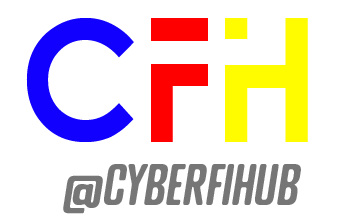
A computer is an electronic device designed to process data and perform a variety of tasks by following instructions called programs. It has become an indispensable part of modern life, transforming the way we work, communicate, and live. From simple calculations to complex problem-solving, computers have revolutionized industries and personal activities alike.
The primary components of a computer include hardware and software. Hardware refers to the physical components, such as the central processing unit (CPU), memory, storage devices, input devices (like keyboards and mice), and output devices (such as monitors and printers). Software encompasses the programs and operating systems that direct the hardware to perform specific tasks.
Computers operate on the principle of data input, processing, storage, and output. Input devices allow users to enter data, which is then processed by the CPU. The processed information is either stored for future use or sent to output devices to be displayed or utilized.
Importance of Computers
- Automation: Computers enable automation of tasks, saving time and reducing errors in various fields like manufacturing, healthcare, and education.
- Connectivity: With the advent of the internet, computers have revolutionized communication, making it possible to connect with people worldwide instantaneously.
- Storage and Retrieval: Computers can store vast amounts of data, which can be retrieved and processed efficiently.
- Education and Learning: Computers play a vital role in education, providing access to a wealth of information and interactive learning tools.
- Entertainment: From gaming to streaming movies and music, computers offer a wide range of entertainment options.
Key Points to Remember
- Computers process data using binary code (0s and 1s).
- They have evolved from large mainframes to compact, portable devices like laptops and smartphones.
- Computers rely on an operating system (like Windows, macOS, or Linux) to function.
- Artificial Intelligence (AI) and machine learning have expanded the capabilities of modern computers.
- Proper cybersecurity measures are essential to safeguard data on computers.
In conclusion, the computer is a versatile and powerful tool that has redefined human progress, enabling advancements in every aspect of life. Understanding its functionality and potential can empower individuals to leverage technology effectively.

Leave a Reply